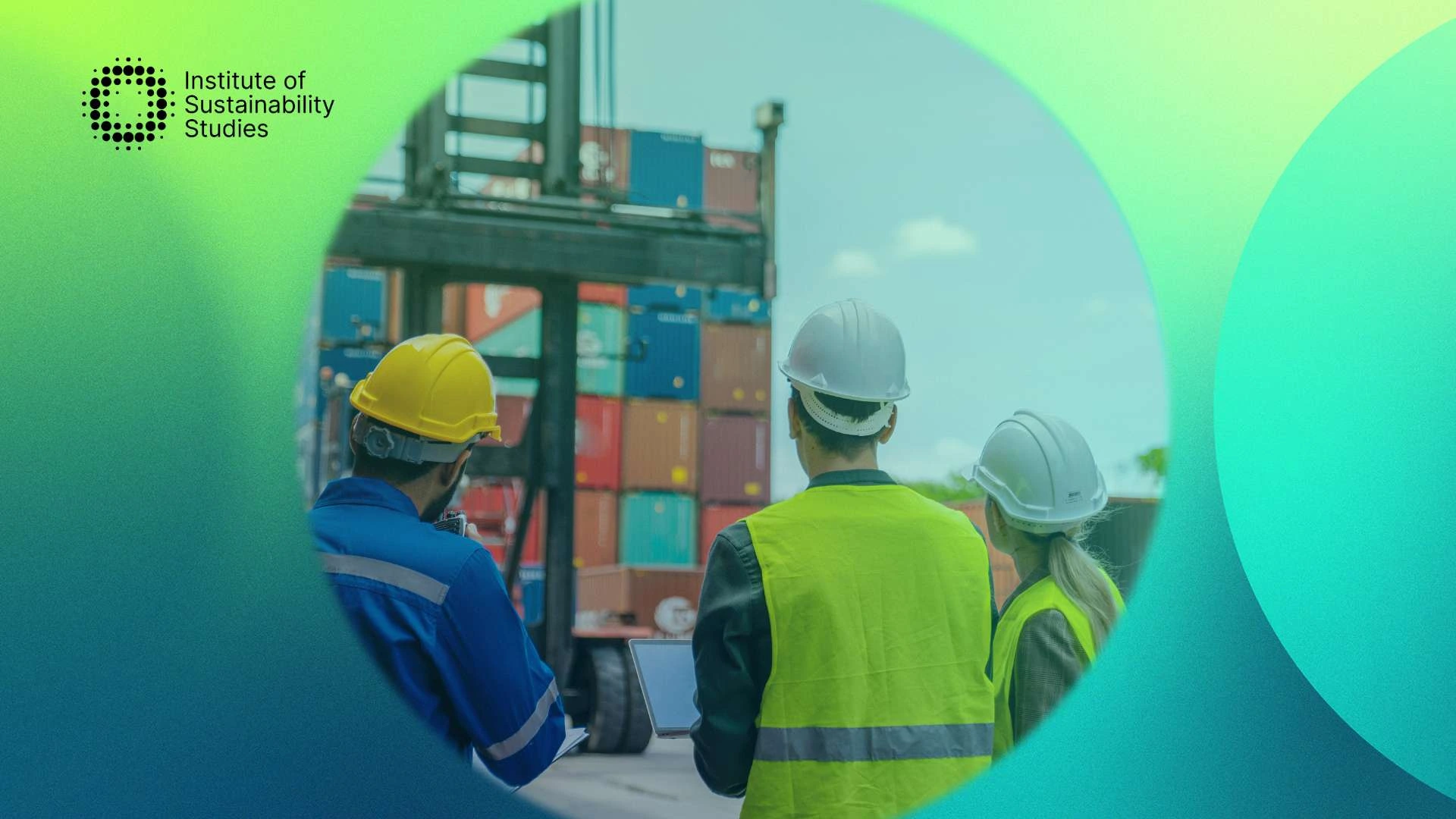Climate change, resource depletion, and tightening regulations are fundamentally reshaping how businesses operate. Consumers, investors, and governments now expect organisations to minimise their environmental impact and operate transparently. To meet growing demands, organisations are adopting structured Environmental Management Systems (EMS) to drive business sustainability and ensure compliance. Among the most respected and widely recognised frameworks is ISO 14001 certification – but what exactly does it entail, and why does it matter?
What is ISO 14001 certification?
ISO 14001 is an internationally recognised standard for environmental management systems (EMS) developed by the International Organization for Standardization (ISO). It provides a structured framework for organisations to identify, manage, monitor, and improve their environmental performance.
ISO 14001 is valuable for businesses of all sizes and industries looking to enhance their environmental performance. For example, Premier Foods leveraged the certification to improve sustainability practices, increasing recycling rates and achieving zero landfill status since March 2013.
Similarly, Upcon Corporation, a company specialising in lifting sunken concrete floors, used ISO 14001 to standardise quality across all project sites. At the same time, the certification has led to greater staff engagement and motivation, reinforcing a culture of sustainability within the organisation.
Regardless of industry, organisations committed to environmental responsibility and regulatory compliance can leverage ISO 14001 to drive long-term sustainability and operational efficiency. Below are some of the main objectives of the ISO 14001 certification for businesses:
- Reduce environmental impact: Manage waste, emissions, and resource consumption.
- Ensure legal compliance: Meet national and international environmental regulations.
- Enhance sustainability: Promote sustainable business practices and corporate responsibility.
- Improve efficiency and reduce costs: Optimise energy use and minimise waste.
- Boost reputation and stakeholder trust: Demonstrate commitment to sustainability.
The ISO 14001 certification process
The ISO 14001 process is designed to help organisations identify environmental risks, establish sustainability objectives, and ensure continuous improvement.
Gap analysis and planning
The certification process begins with a gap analysis to evaluate the organisation’s current environmental policies, practices, and compliance with ISO 14001 requirements. This step identifies areas that need improvement and helps set clear objectives for certification. Companies must define their environmental policy, establish key performance indicators, and align their sustainability goals with business operations.
Developing the Environmental Management System (EMS)
Once gaps are identified, organisations must develop a structured Environmental Management System (EMS) that integrates environmental objectives, compliance strategies, and risk mitigation measures. This includes defining roles and responsibilities, setting up operational controls, and creating documentation such as environmental policies, risk assessments, and waste management plans. At this stage, businesses also outline procedures for monitoring environmental performance and establishing emergency response plans.
Implementation and training
The next step involves implementing the EMS across the organisation. This includes training employees, ensuring that all departments understand the environmental policies, and integrating sustainability practices into daily operations. Businesses must also establish record-keeping systems to track performance, waste reduction, energy efficiency, and compliance with environmental laws. Employee engagement is crucial, as effective implementation depends on staff understanding their role in achieving sustainability goals.
Internal audits and continuous improvement
Before seeking official certification, organisations must conduct internal audits to assess whether the EMS is functioning effectively. These audits help identify non-conformities and improvement opportunities, ensuring the system meets ISO 14001 standards. Management reviews are conducted to evaluate progress, effectiveness, and alignment with corporate goals. This stage is essential for continuous improvement, a core principle of ISO 14001.
External audit and certification
Once the EMS is fully implemented and refined, an organisation can apply for ISO 14001 certification through an accredited certification body. The external audit occurs in two stages:
- Stage 1 Audit: A preliminary assessment to review documentation, policies, and system readiness.
- Stage 2 Audit: A detailed evaluation of how the EMS is implemented in practice, including site visits, employee interviews, and performance verification.
If the organisation meets all requirements, it is awarded ISO 14001 certification, which is valid for three years.
Ongoing compliance and surveillance audits
ISO 14001 requires organisations to maintain and improve their EMS continuously. Certified companies must undergo annual surveillance audits to ensure ongoing compliance and effectiveness. After three years, a recertification audit is required to maintain certification. This encourages organisations to adapt to evolving environmental regulations and integrate the latest sustainability practices.
Conclusion
The role of ISO 14001 in shaping sustainable business practices will only grow as climate policies tighten and stakeholder expectations rise. Organisations that proactively implement and maintain an EMS will be better positioned to adapt to regulatory changes, optimise operations, and gain a competitive edge in an increasingly sustainability-driven market.
Organisations that fail to implement and maintain an EMS risk facing compliance penalties, inefficiencies, reputational damage, and lost opportunities. That’s why having the right knowledge and expertise is pivotal. This is exactly why we’ve created our Business Sustainability Certification Courses; to equip professionals with practical strategies to implement effective environmental management and stay ahead of regulations.










